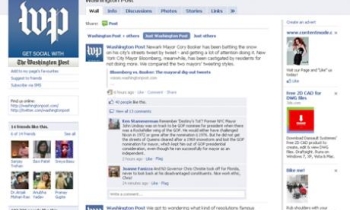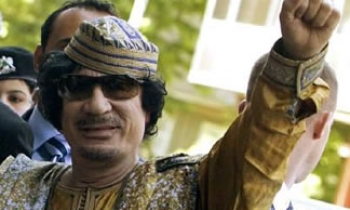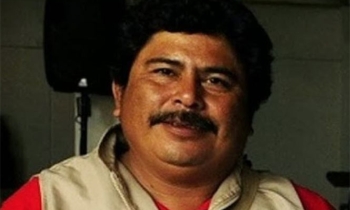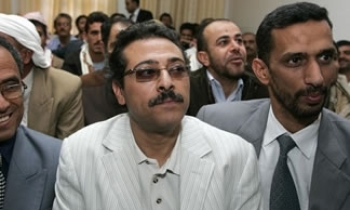AN already grim landscape for independent media in Russia has grown even bleaker with the sale of one of the last major independent newspapers to Kremlin-connected billionaire Alisher Usmanov, journalists and analysts said today.
Mr Usmanov announced the purchase late yesterday of the Kommersant publishing house from Georgian tycoon Badri Patarkatsishvili, a business partner of exiled Russian oligarch and Kremlin opponent Boris Berezovsky.
“It's clear that this sale is not the result of private investment, but that the Kremlin is struggling for control of Kommersant,” Andrei Kolesnikov, a leading journalist at the Kommersant daily newspaper, said.
Kolesnikov is one of the standard-bearers of Kommersant's aggressive journalistic style, writing highly ironic, detailed accounts of President Vladimir Putin's diplomatic visits and cabinet meetings.
Mr Usmanov, a metals magnate and top manager at state gas monopoly Gazprom – which itself controls over $US700 million ($A919.06 million) in media assets – has said that his purchase was purely a business transaction.
Still, Mr Usmanov's Kremlin connections have many fearing the opposite. The Uzbekistan-born billionaire has “good relations with practically all the leaders of the Kremlin administration... and when necessary has access to the president,” the daily Vremya Novostei wrote.
As a result, numerous analysts see the purchase as part of continuing a Kremlin campaign to control, either directly or indirectly, all influential media outlets before upcoming 2007 parliamentary elections and 2008 presidential elections.
“The purchase of Kommersant is a part of a further sweep operation on the information space before the elections,” said Igor Yakovenko, head of the Union of Russian Journalists, Interfax reported.
Yury Korgunyuk, an analyst at the INDEM think tank, saw the purchase as the continuation of a process that began with the state seizing control of national television channels during Putin's first term in office from 2000-2004.
“The 'clean sweep' of electronic media wasn't enough for the state – they've moved on to newspapers. In the regions, this happened long ago,” Mr Korgunyuk said.
Kommersant itself, in a sombre front-page article in Thursday's edition, said: “Market players assume that the power structures are behind this deal,” and quoted Mr Usmanov as saying: “No one asked me to buy the paper, but I should say that the authorities weren't against the purchase.”
Mr Berezovsky, who owned Kommersant until this February and has lived in London as a political exile since fleeing Russia in 2000, said it was “very obvious” that the Kremlin wanted to rein in Kommersant.
Still, “I know Usmanov personally as a man who always wants to save face, who wants to demonstrate his independence, and that is the quality that can save Kommersant,” Mr Berezovsky said.
Mr Usmanov, who has a net worth of $US2.6 billion ($A3.41 billion) according to Forbes magazine, said he paid $US299 million ($A392.57 million) for the Kommersant publishing house.
Respected NGO Freedom House downgraded Russia to “not free” in its 2005 ranking of press freedom, citing excessive state control and biased coverage favouring Putin and his allies.
The grim international assessment of Russian press freedom was conveyed to Putin this summer by Gavin O'Reilly, President of the World Association of Newspapers, which held its annual conference in Moscow in June in spite of protests from many of its members.
Sharing a stage with Putin, O'Reilly said: “There is still very widespread scepticism, both inside and outside your country, about whether there exists any real will to see the media become a financially-strong, influential and independent participant in Russian society today.
“And sadly, no one can pretend that this is the case today, certainly not for newspapers,” O'Reilly said.









